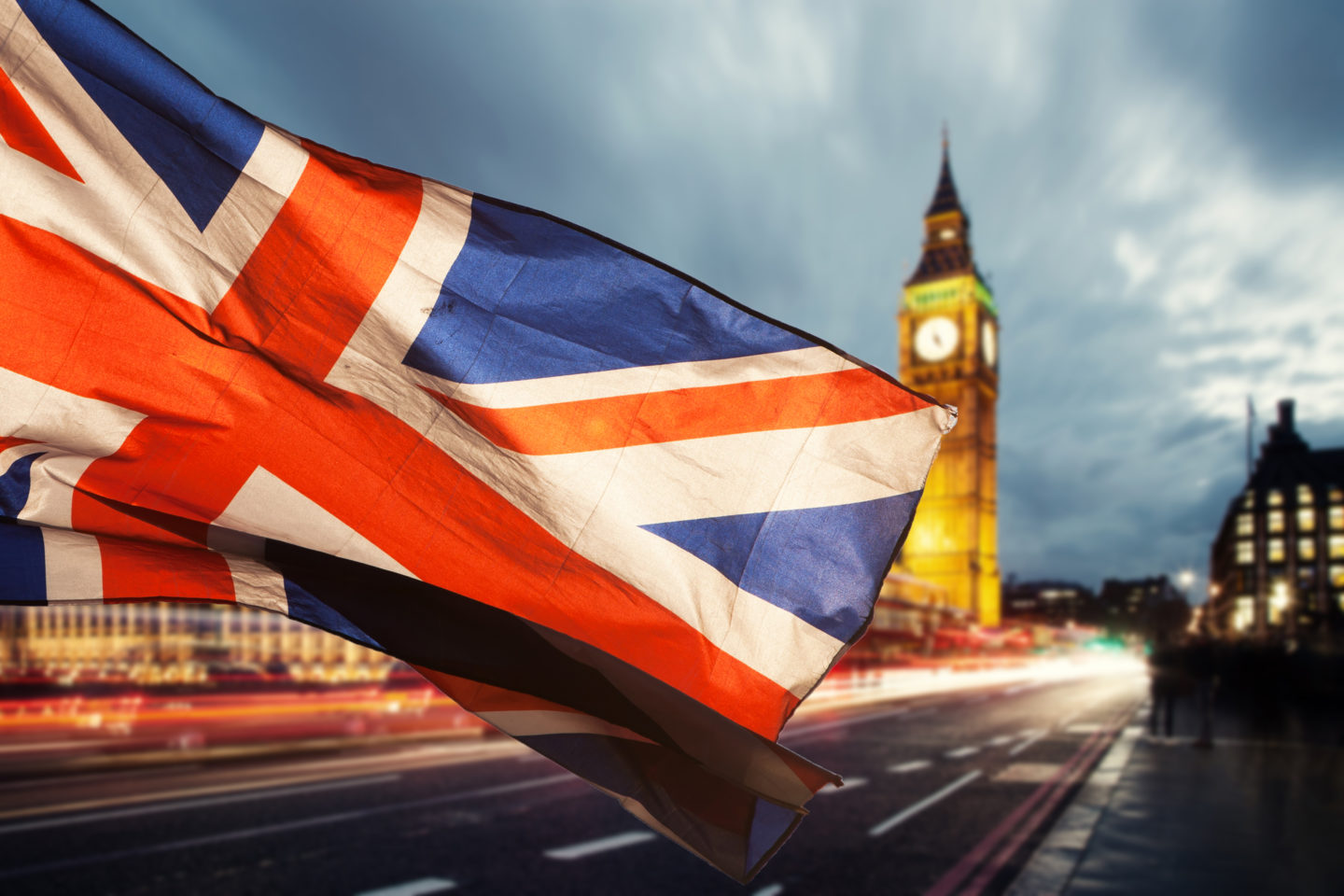
GW Pharmaceuticals wins the Queens Prize for Innovation
The British cannabis pharmaceutical company is taking home an award that shows how important cannabis has been to the UK economy for over 20 years – but also how much it has been reserved for the elite as an industry and medicine
Here’s the fascinating part of that story. GW Pharmaceuticals has just been awarded the so-called “Queen’s Prize for Innovation”.
The company, which is one of the oldest medical cannabis companies in the world, did not receive its operating license (in the UK) until the turn of the century. It was the only viable (legal) cannabis company in the country for a long time.
It came about in a pretty unique way. Instead of going head-to-head with other well-funded competitors in a US state auction while facing the DEA or buying up a patient population or two in Canada, the process was a little easier. The founders, Cambridge alumni, were licensed by the Home Office.
For most of its existence, however, the company did not produce products for domestic consumption, but rather for export. In fact, GW Pharma has sold its products worldwide, enabling the UK to be the country that has exported the most medical cannabis in the world (even via the Netherlands and Canada) over the past decade.
This is actually nothing new in the UK treatment of cannabis. The British East India Company even monopolized the flow of tea and cannabis between China and India at times.
Beyond historical revisionism, GW Pharma has a lot to praise – if not such high recognition. The company’s medicinal products are whole plant based and act – on the label – to relieve the symptoms of MS and epilepsy. Off-label, Sativex works well for chronic pain, as well as other conditions where higher THC drugs are administered (from Crohn’s disease to PTSD).
Regardless of the groundbreaking nature of their products, unless the diplomatic face of the British people admit that cannabis has great potency as a medicine, the politics behind it still smell a little damp.
Here are a few reasons why.
The cannabis reform still hasn’t really made it into the UK
If there was ever a country where cannabis reforms benefited the few, British support for GW Pharmaceuticals while banning all other, if not more, reforms would be the showcase for it. At a time when the company was making profits from overseas sales (which also went straight to the former Prime Minister’s bank account), the vast majority of British patients were suffering – either without medication or out of fear of prosecution.
In addition, there are other forces at play that are far more political than science-driven – and always have been. The UK is currently in the middle of formalizing its CBD business, but the medical discussion has so far been put on hold. Although the NHS now technically allows cannabis patients to source GW Pharmaceuticals products domestically, it is incredibly difficult to source.
In addition, the UK regulatory authorities (NICE) have banned the use of cannabinoids for chronic pain (the number one symptom for which cannabis is prescribed in Germany and for which it is most commonly used in countries like Canada and the US).
With all the trumpets about the superiority of the UK science-based economy, there is still a lot of ground on the table.
For starters, UK patients actually need to register for ID so they don’t get arrested or their medical cannabis confiscated. And many patients and their families still have to import other types of cannabinoid drugs if GW Pharma’s products don’t work – or don’t work as well as other alternatives.
Times change
Granted, as Leonard Cohen famously sang, everyone knows the dice are loaded, but this war is far from over.
In the last few years, as medical cannabis reform took hold in the UK, other companies have started to get into the discussion. That includes cannabis development now underway in at least some of the Channel Islands, as well as several cultivations on the mainland. There will be at least one other fully EU GMP certified extractor in the UK by the end of the year.
In addition, the monopoly that GW Pharma was trying to build domestically was also broken by political pressure – which came not from “industry” but from desperate parents trying to save their children. Imports from Holland and Canada, especially for otherwise drug-resistant childhood epilepsy patients, have not been stopped, no matter how difficult after Brexit and the pandemic.
Medical reform aside, it’s also clear that Sadiq Khan, the Mayor of London, is on a cannabis reform crusade that could go anywhere this time.
In other words, GW Pharmaceuticals may just have taken home a prestigious award – and established itself as a global cannabis player. But reforms are now bubbling around them and beyond, and are often far from the prestige of Oxbridge. If not much more geared towards the real price – namely, bringing full and definitive comprehensive cannabis reform to the British Isles and normalizing the industry.
Because if cannabis reform in general is so easy to achieve in the form of a license, perhaps there is something to be said for a – albeit minor – democratization of the process for those who now follow.

Post a comment: